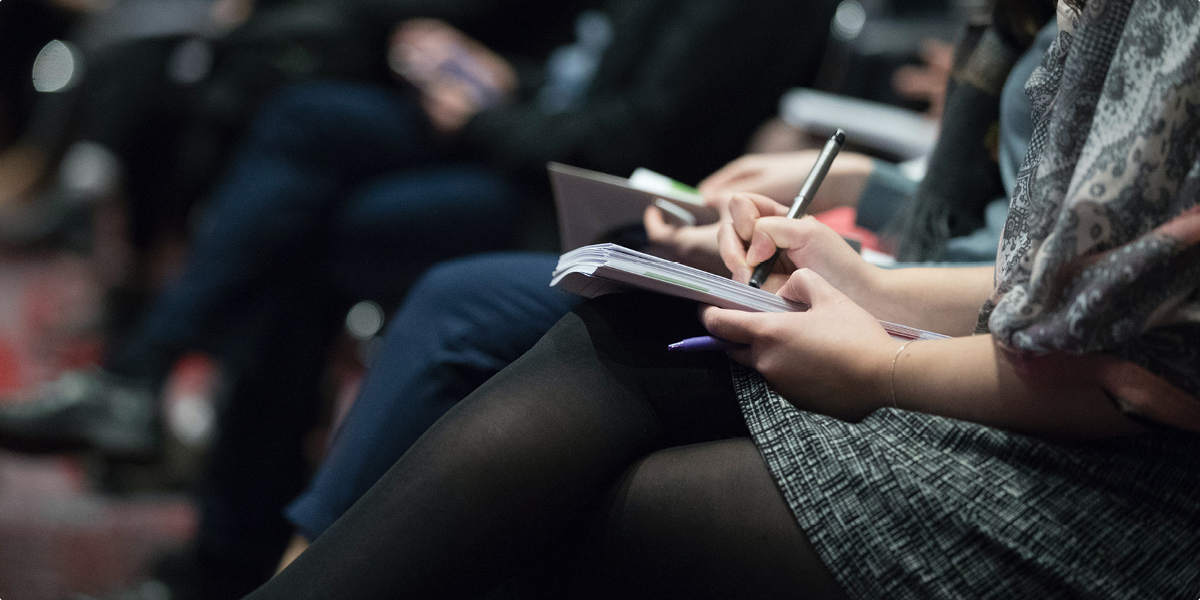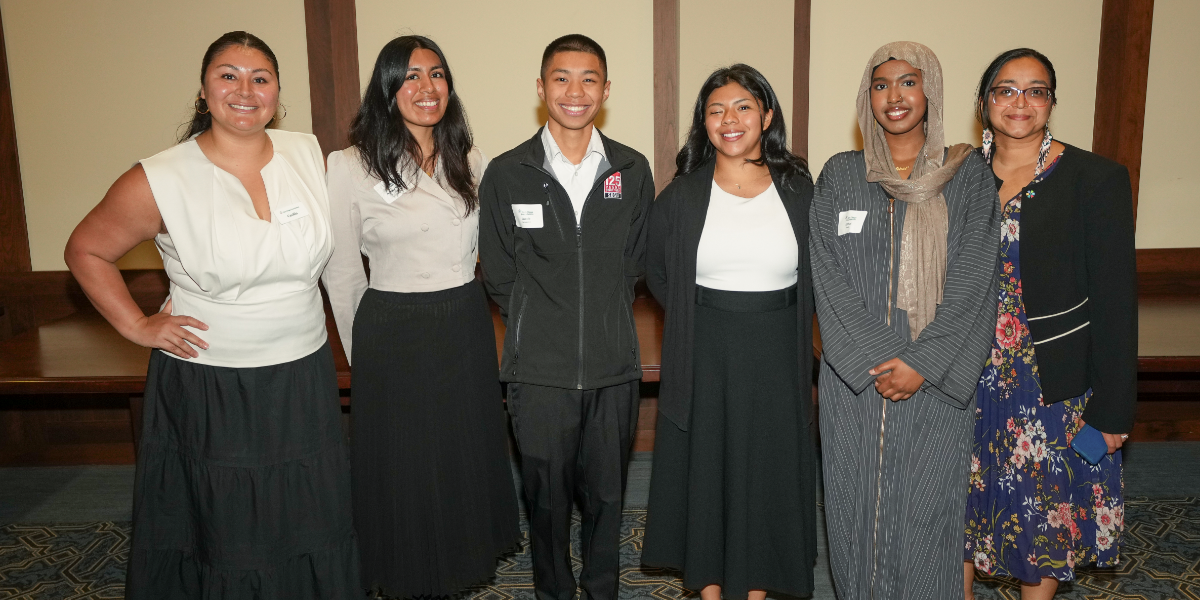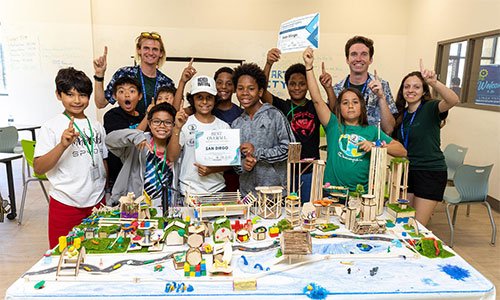As many of us know, college is expensive. And having access to resources that offset these costs can make the difference in both attending and graduating from college. This blog series will explore the seen and unseen costs of higher education through the lens of local students and data.
In our first installment of the True Cost of College blog series, we outlined the non-tuition costs that are standing in the way of a college degree for many of our region’s aspiring graduates. Expenses such as housing, books and food can be crippling financial burdens for today’s students.
But what about before day one of college? What are the needs of students before they step on campus and how can philanthropy support those areas?
Few things can increase a student’s chances of success more than the right college advising and readiness preparation.
This type of preparation is often delivered or augmented by nonprofit organizations in the school setting or offsite. Programs cover topics such as financial advising, support with filling out college applications, money management and other skills to survive and thrive in the campus environment.
One critical aspect of college readiness is guidance in filling out an odd sounding, but ubiquitous form, the Free Application for Federal Student Aid (FAFSA).
The FAFSA is a 100+ question application required by most financial aid programs to determine a student’s eligibility for financial support that helps cover college costs. This includes anything from student loans, work-study, to Federal Pell Grants and Cal Grants. The period to fill out the FAFSA opens in early fall and in the state of California is typically due no later than March. A little-known fact is that much of financial aid is distributed on a rolling basis, so the sooner a student applies, the better the chance of capturing the maximum amount of aid available.
Unfortunately, according to the Campaign for College Opportunity, data shows that many of the students that stand to benefit most from college aid leave their money on the table and can as a result incur greater costs, or in the worst-case scenario, not even enroll due to the daunting financial picture they are facing. According to research from 2014, more than 144,000 California high school graduates did not complete a FAFSA, resulting in over $340 million going unclaimed and unused by eligible students – dollars that are already allocated and available for educational success but go untapped.
Much of the challenge lies in the FAFSA itself. Despite recent improvements, such as the introduction of a mobile app, the application can be a cumbersome, lengthy and intimidating form to fill out – especially for students and families unfamiliar with the college-going experience.
The importance of the FAFSA for college readiness cannot be overstated. According to the National College Access Network (NCAN), “Ninety percent of high school seniors who complete the FAFSA proceed directly to college, versus only 55 percent who don’t complete the FAFSA.” The national FAFSA completion rate for high school graduates was just 44 percent in 2014.
At The San Diego Foundation, we are working to build FAFSA completion into our scholarship investments. The Community Scholars Initiative works to ensure San Diegans are ready for the future they want and equipped to achieve it. This effort awards need-based scholarships to students who have completed their FAFSA form as part of completing college readiness instruction.
The Community Scholars Initiative is a pilot program to launch The San Diego Foundation’s regional and data-driven approach to scholarship philanthropy.
Based on research and local data, the Community Scholars Initiative directs scholarship awards to student populations in our region who demonstrate a desire to go to college but struggle with the greatest financial need and other barriers to completion. Scholarship awards are paired with grants to nonprofit organizations, such as Reality Changers, that provide critical support to students along the academic path from the application process, to the first day on campus and ultimately that final day students don their caps and gowns.
Help students pay for and persist through college by donating to our Community Scholars Initiative or opening your own scholarship fund at The San Diego Foundation.



